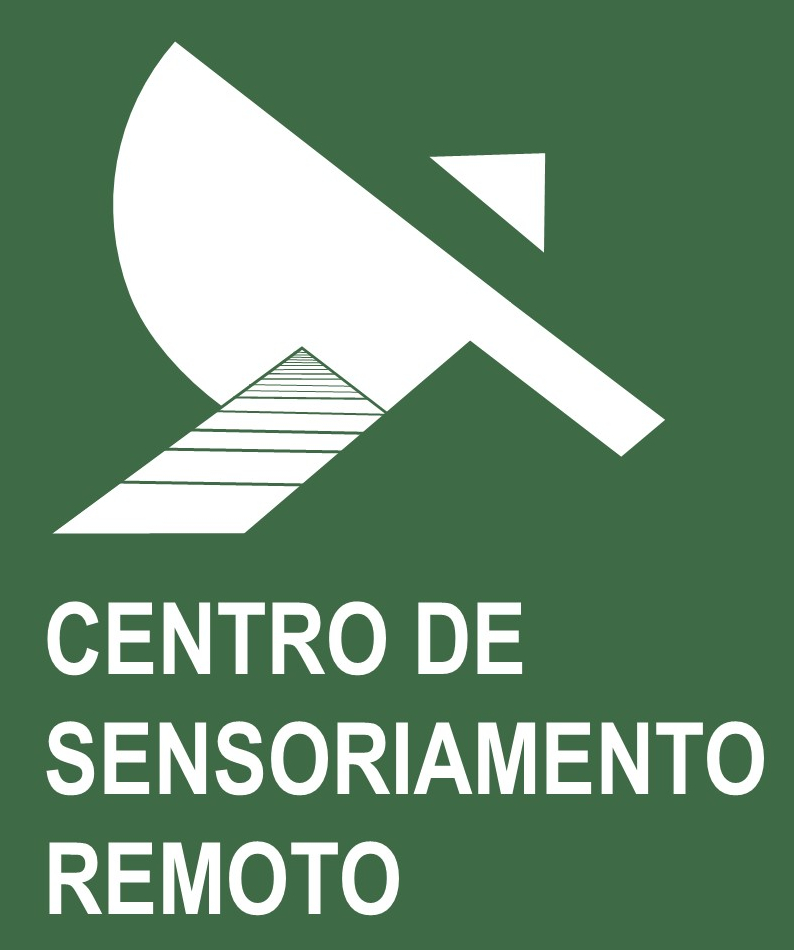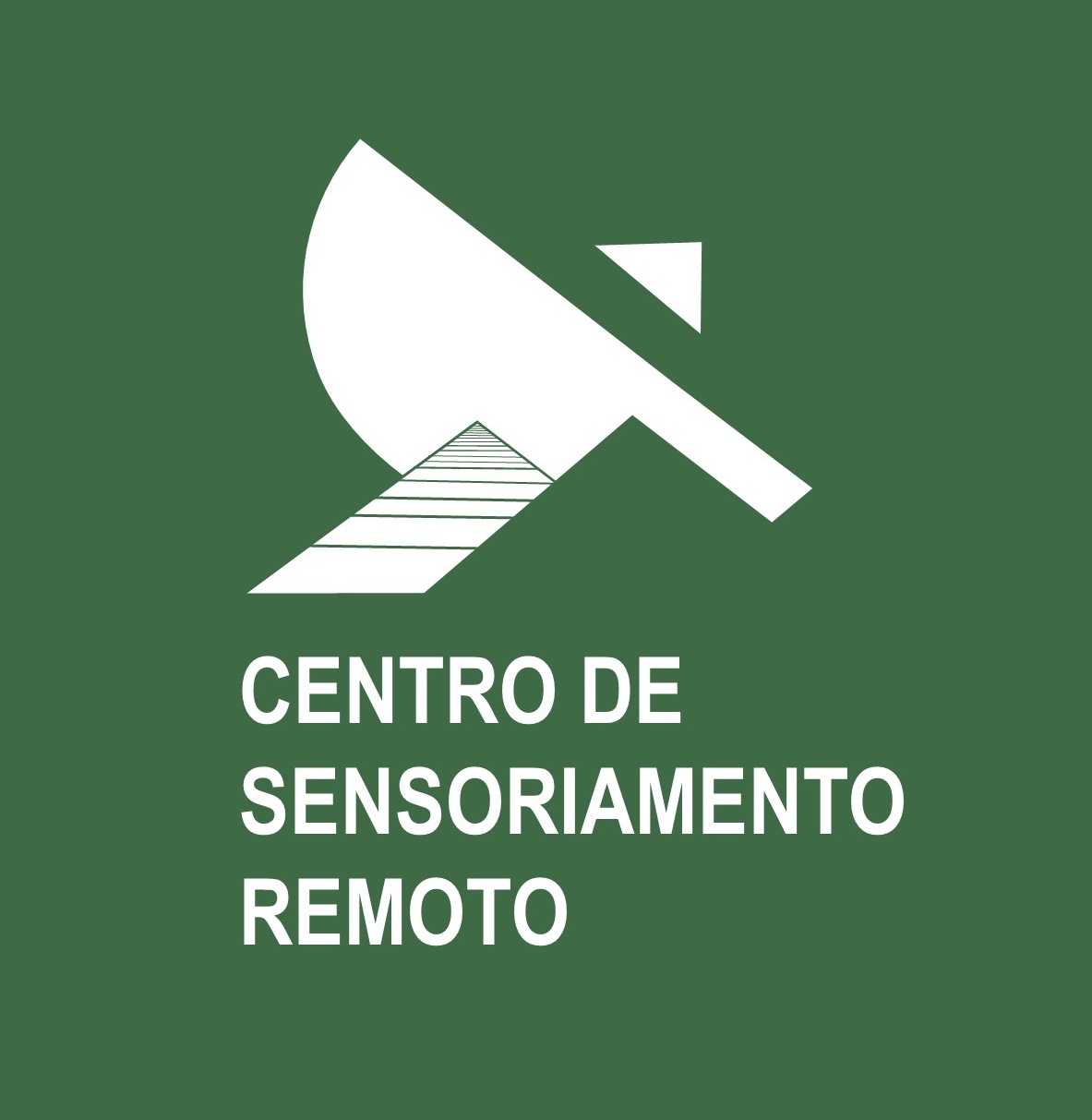International buyers and consumers of Brazilian agricultural commodities have already expressed concerns regarding products linked to deforestation reaching their markets. Amidst the increasing polarization of the international political arena, finding common ground to implement concrete solutions for Brazil’s environmental crisis has proven challenging. To inform this debate, we published an article in Science titled ‘The rotten apples of Brazil’s agribusiness,’ which revealed that 17% of beef and 20% of soy exported to the European Union from the Amazon and Cerrado—Brazil’s largest biomes—may be linked to illegal deforestation.
The study garnered significant national and international attention. Building upon this work, our current project aims to further investigate the relationship between both legal and potentially illegal deforestation and beef and soy exports. Our research contributes to developing more transparent and effective solutions for agricultural traceability.
In this context, the models developed by the CSR and its partners—designed to estimate environmental compliance for properties registered in the Rural Environmental Registry (CAR) and track cattle and soy production to identify potential links to illegal deforestation—drew the interest of the Government of the State of Pará. This led to the creation of the SeloVerde Pará initiative, where the CSR, in partnership with the Center for Territorial Intelligence (CIT), provides the technological foundation for a platform that offers data on agricultural production and environmental compliance for all CAR-registered properties in the state.
Subsequently, the Government of Minas Gerais also expressed interest in these models and the platform, leading to a cooperation agreement with UFMG for the development of SeloVerde MG.
Currently, in addition to Pará and Minas Gerais, SeloVerde operates as a free, public platform in the states of Espírito Santo and Acre. Maranhão also utilizes the technology internally, integrated into its pre-existing traceability system, SIFMA. Furthermore, SeloVerde is currently under development for Mato Grosso do Sul and is expected to launch soon.

